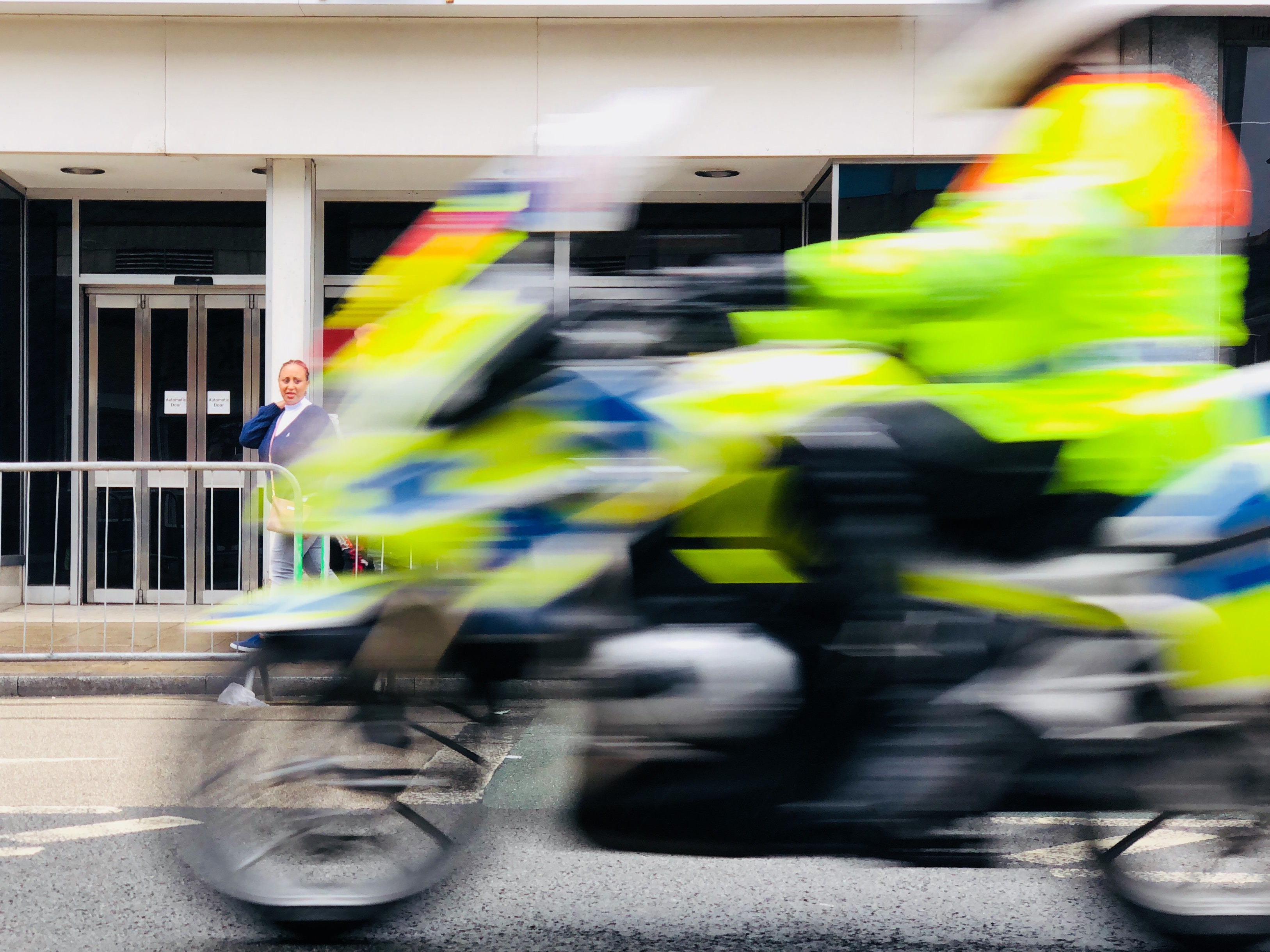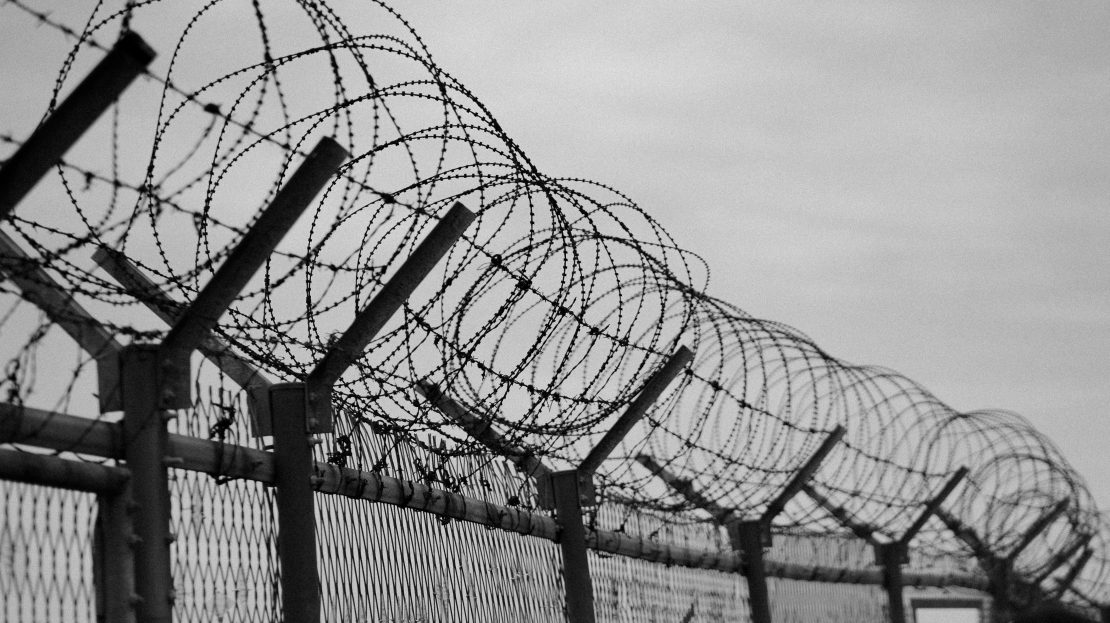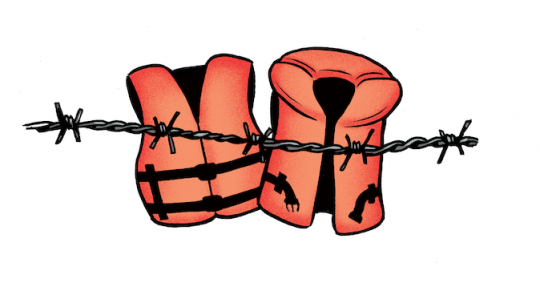Over 90% of people referred to the National Referral Mechanism (NRM) from immigration detention are victims of trafficking, says a new report. The referrals into the NRM by ‘first responders’ included survivors of slavery, trafficking and torture. Rule 34 stipulates that every detained person must have a mental and physical examination within 24 hours of admission to an Immigration Removal Centre (IRC) – however, survivors have often been overlooked.
The Home Office routinely detains people who are subject to immigration control, the majority of whom are released. However, under the Home Office Detention Centre rules, a person has to undergo screening to be ‘fit’ for detention, as well as to identify survivors of trafficking and modern slavery.
A report by the Helen Bamber Foundation, a charity that helps survivors of trafficking and torture, found that survivors are detained either after imprisonment, with many having being convicted for offences they were forced to commit by their traffickers, and/or because they do not have permission to remain in the UK. Many survivors of trafficking are detained for removal after being picked up during raids on brothels, nail bars and cannabis farms.
It also found a lack of support available to enable people to make disclosures about what they have experienced: whether that be as a survivor of trafficking, torture or modern slavery.
The Helen Bamber Foundation report also said: “Survivors of trafficking should not be detained. Instead, they should be provided with the support to which they are entitled under international and domestic law in the community, including secure accommodation, psychological assistance and legal information and support. This is crucial to enable them to recover and rebuild their lives.”
The Home Office is failing to identify vulnerable people
While previous Home Office policy stated that victims of trafficking (among other vulnerable groups) were only suitable for detention in exceptional circumstances, in 2021 survivors of trafficking were brought entirely under the scope of the controversial ‘Adults at Risk’ policy (AAR), despite the government recognising that this would result in more survivors of trafficking being detained.
Several government-commissioned and parliamentary reports and inquiries have already highlighted that the Home Office is failing to identify vulnerable people, or even to release people from detention once they are identified as vulnerable or trafficked.
The Helen Bamber Foundation report said: “Immigration detention is an unacceptable environment for survivors of trafficking, who are particularly vulnerable to harm in detention, a setting which can prevent or discourage disclosure. Even if identified, detainees are not always released and detention continues to have an accumulative and damaging impact upon their physical and mental health.”
A high proportion of immigration detainees are diagnosed with depression, post-traumatic stress disorder and anxiety, and a significant number experience suicidal ideation with the risk of self-harm. Research shows that people who have experienced trauma are at greater risk of developing mental health problems while in detention.
The system is not ‘awash’ with fake claims
In the first half of 2022, 97% of those who claimed to be victims of modern slavery received positive decisions. That means only 3% of claims were refused – and this doesn’t necessarily mean those individuals were ‘abusing the system’.
Andrew Wallis, CEO of anti-slavery charity Unseen, said: “Unseen, along with other anti-slavery charities, have repeatedly asked the Home Office to show us evidence that the system is awash with fake claims. What we are seeing is vulnerable people suffering severe trauma because they are being exploited or enslaved, right here in the UK. Surely that’s where the focus should be?”
UK authorities conduct initial screening before placing someone in immigration detention (or shortly after their arrival in detention), but people seeking asylum face significant difficulties in disclosing traumatic experiences – such as trafficking – in their screening interviews, which are usually conducted shortly after arrival. The screening process is not sufficient to identify survivors of trafficking, as illustrated by the number of survivors detained and issued with notices of intent for removal to Rwanda earlier in 2022.
The Detention Gatekeeper (DGK) assesses whether detention decisions are ‘proportionate’ and is supposed to identify instances where ‘individuals may be at risk of harm in detention due to any vulnerabilities’. However, significant concerns have been raised that the DGK does not proactively screen for vulnerability, relying instead on information that the Home Office already has on file to assess if someone is vulnerable – for victims of trafficking who have not previously engaged with the Home Office this information will be minimal or non-existent.
Failures of Rule 34 unlawfully detain survivors
The Detention Centre Rules (2001) are meant to function as a safeguard against the detention of vulnerable people. Rule 34 stipulates that every detained person must have a mental and physical examination within 24 hours of admission to an Immigration Removal Centre (IRC).
In 2018, a failure of Rule 34 led to the unlawful detention of a torture survivor. The High Court ruled that staff at two different detention centres failed to provide him with the required medical examinations which would have led to his release from detention. Following the instruction of solicitors, the man, known as KG, was seen by a detention centre doctor, who reported scars on his body which he explained had been caused by torture in Sri Lanka.
The court ruled that under the Home Secretary’s own Detention Centre Rules 2001 (rule 34), KG had been entitled to a physical and mental examination by a doctor within 24 hours of admission to each of the two detention centres: Campsfield and then Harmondsworth.
Rule 35 requires the IRC medical practitioner to report on any detained person whose health is likely to be injuriously affected by detention; who is suspected of having suicidal intentions; or who the practitioner is concerned may have been a victim of torture. However, the Rule 35 process is subject to long delays; there is too high an evidential burden; reports are routinely rejected for minor errors; and internal review panel recommendations are overturned by senior Home Office officials.





